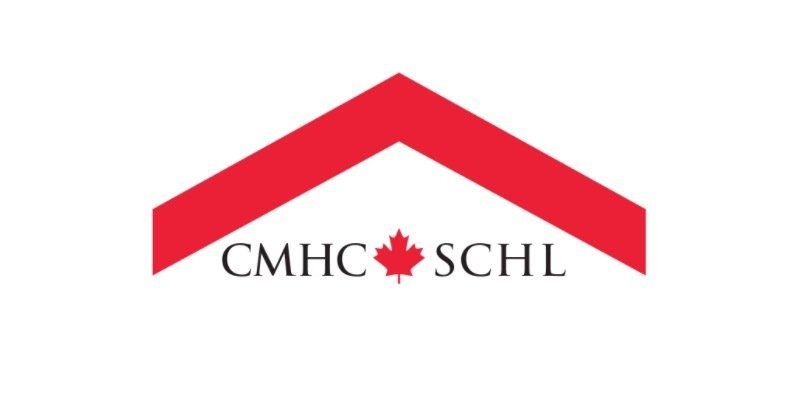CMHC Guidelines Changing July 1st 2020
CMHC just shared the following press release. If you have any questions, please don’t hesitate to contact me anytime!
CMHC RELEASE JUNE 4th 2020
The COVID-19 pandemic is affecting all sectors of Canada’s economy, including housing. Job losses, business closures and a drop in immigration are adversely impacting Canada’s housing markets, and CMHC foresees a 9% to 18% decrease in house prices over the next 12 months. In order to protect future home buyers and reduce risk, CMHC is changing its underwriting policies for insured mortgages.
Effective July 1, the following changes will apply for new applications for homeowner transactional and portfolio mortgage insurance:
-
- Limiting the Gross/Total Debt Servicing (GDS/TDS) ratios to our standard requirements of 35/42;
- Establish minimum credit score of 680 for at least one borrower; and
- Non-traditional sources of down payment that increase indebtedness will no longer be treated as equity for insurance purposes.
To further manage the risk to our insurance business, and ultimately taxpayers, during this uncertain time, we have also suspended refinancing for multi-unit mortgage insurance except when the funds are used for repairs or reinvestment in housing. Consultations have begun on the repositioning of our multi-unit mortgage insurance products.
“COVID-19 has exposed long-standing vulnerabilities in our financial markets, and we must act now to protect the economic futures of Canadians,” said Evan Siddall, CMHC’s President and CEO. “These actions will protect home buyers, reduce government and taxpayer risk and support the stability of housing markets while curtailing excessive demand and unsustainable house price growth.”
These decisions are within CMHC’s authorities under the National Housing Act and are in anticipation of potential house price adjustment. We will continue to monitor market conditions and work with our federal colleagues on potential macro-prudential policy options.
CMHC supports the housing market and financial system stability by providing support for Canadians in housing need, and by offering housing research and advice to all levels of Canadian government, consumers and the housing industry.
RECENT POSTS






